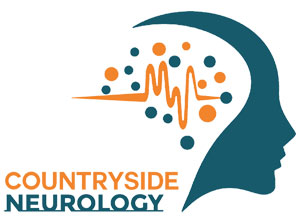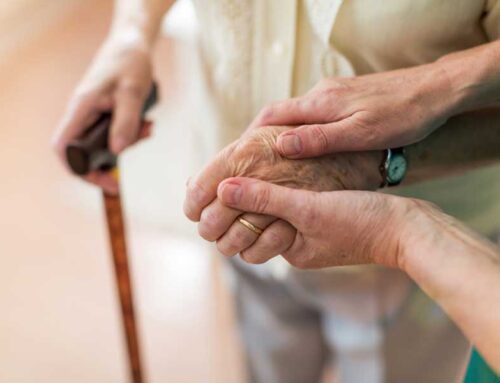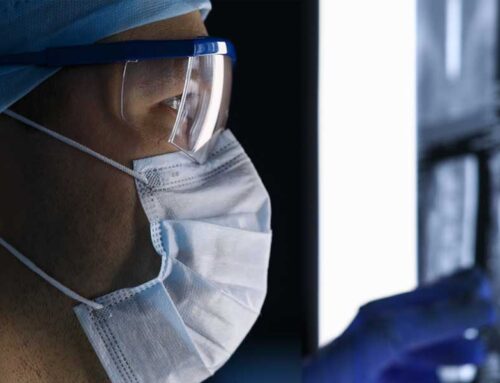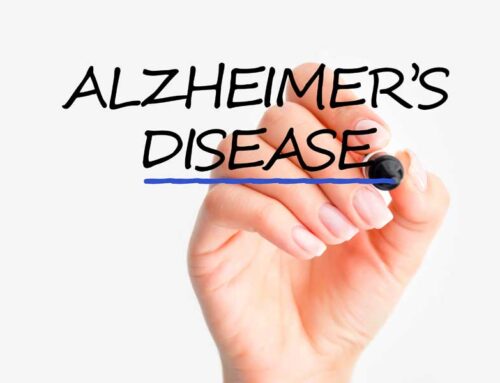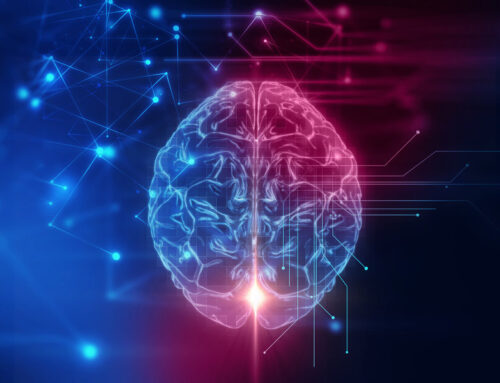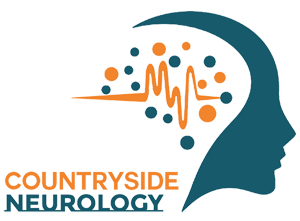Alzheimer’s disease is a progressive brain disorder that affects memory, thinking, and behavior. In a recent informative video, Dr. Richard J. Hodes, the Director of the National Institute on Aging (NIA), explains the importance of early detection and diagnosis in managing Alzheimer’s. This article highlights key points from the video and discusses how understanding early symptoms can help families and individuals take action sooner.
Recognizing the Early Symptoms of Alzheimer’s
One of the biggest challenges with Alzheimer’s disease is recognizing the early symptoms, which are often subtle and mistaken for normal aging. Common early signs include:
- Memory loss that affects daily activities, such as forgetting recently learned information or important dates.
- Difficulty in problem-solving and managing everyday tasks, like paying bills or following a recipe.
- Confusion with time or place, often becoming disoriented even in familiar environments.
- Trouble with language and communication, such as struggling to find the right words or following a conversation.
- Changes in mood or personality, like increased anxiety, suspicion, or withdrawal from social activities.
If these symptoms appear gradually or become more noticeable, it’s important to seek medical advice. Early diagnosis can make a significant difference in managing the disease and improving the quality of life for both the patient and caregivers.
The Importance of Early Diagnosis
As Dr. Hodes emphasizes, early detection of Alzheimer’s allows for better planning and care. While there is no cure, early diagnosis enables individuals to:
- Start treatments that may slow the progression of symptoms.
- Explore participation in clinical trials that could offer access to emerging therapies.
- Create a care plan that includes legal, financial, and medical decision-making.
- Access support networks for both patients and caregivers, easing the burden of the disease.
The Diagnostic Process
Diagnosing Alzheimer’s disease typically involves a combination of medical history, cognitive testing, neurological exams, and brain imaging. Doctors may also perform blood tests to rule out other conditions. Early diagnosis offers peace of mind and the ability to take advantage of available resources.
If you or a loved one shows signs of Alzheimer’s, don’t hesitate to seek medical advice.
Contact Us
At Countryside Neurology, we’re here to support you through the diagnostic process and beyond. Call us today at 727-712-1567 to schedule an appointment or visit our website at www.countrysideneurology.com. Follow us on Instagram at @countrysideneurology for the latest updates on neurological health and wellness.
